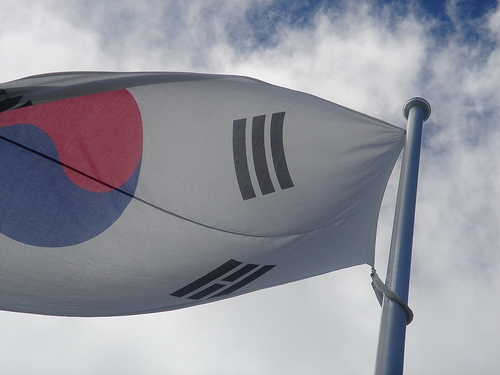
Here's why Korea should be freaking out amid won appreciation
KRW went up 10% vs JPY.
According to DBS, the Korean won has appreciated over 10% against the Japanese yen since mid-November 2012. The appreciation in the KRW/JPY cross rate has led to concerns about the competitiveness of Korean exports.
The product structures of Korea and Japan’s exports are similar. The competition between Korean and Japanese exporters ranges from the sectors of automobiles, electronics to chemicals and steel & metals.
A cheaper yen would allow Japanese exporters to lower prices in the international market, thus squeezing out the market share occupied by the Korean counterparts.
Here's more from DBS:
On the flip side, however, the appreciation of the won against the yen also reduces the costs of imports. Imports from Japan accounted for 14% of Korea’s total imports in the past five years.
Trade deficit with Japan amounted to USD 30bn annually. The Korean manufacturers that import upstream components and raw materials from Japan will save production costs because of a weaker yen. Domestic consumers should also benefit from the disinflation effects.
The main worry about the appreciation of the won and depreciation of the yen lies in the impact on financial market, rather than the macro economy. A cheaper yen could encourage carry trade, boost speculative capital inflows into Korea, and increase the risks of FX volatility and financial instability.
The Korean authorities have tightened rules on banks’ FX forward positions and short term foreign borrowings in several steps during the post-2008 episode. Policymakers will likely keep a close watch on short term external debt and strengthen the existing macroprudential measures when necessary.
Interest rate policy, however, should still be largely dictated by the outlook of inflation and economic growth over the next 6-12 months, rather than the day-to-day FX movements.
























 Advertise
Advertise






